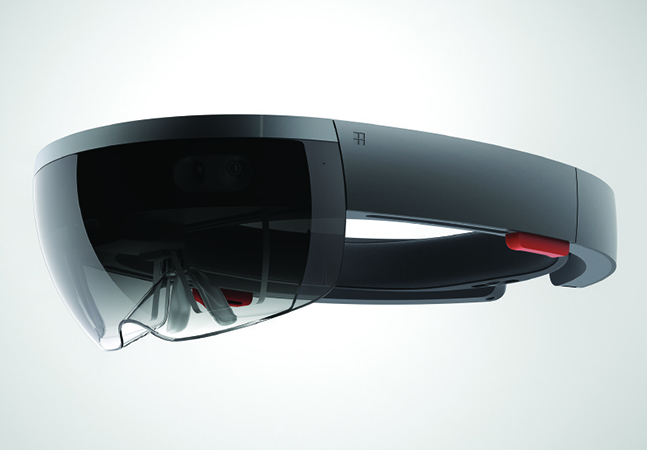
A recent report suggests that Microsoft's own e-mail security protections have trouble differentiating between real and fraudulent messages from itself.

Attempts to pigeonhole Microsoft's mixed reality device into a specific use case -- whether it's work or play -- are missing the point, Brien argues.

At first glance, Microsoft's proposal to fill employees' spare time with small tasks seems like a boon for workplace productivity. Don't be fooled, Brien warns.

Now that you've created a deployment share, it's time to add your Windows installation files. Brien shows you how.

While there are various methods for creating custom Windows deployment images, the process has a reputation for being tedious and convoluted.

Brien shows you how to resolve some broken, template-related dependencies in Microsoft's System Center Virtual Machine Manager.

New "intelligent" features that Microsoft just announced aim to help Outlook users with wrangling meeting attendees and hunting down relevant documents.

With 3-D support in apps like PowerPoint and SharePoint, Microsoft is showing skeptics how mixed reality can make a lot of business sense.

A recently added "tamper protection" feature finally corrects an obvious security gap in Microsoft's anti-malware solution.

Brien revisits the LinkedIn-powered Resume Assistant in Word, which has only gotten more intuitive and useful over the past year.

Microsoft's move to build Edge on Chromium raises a big question: With Firefox and Chrome dominating the browser market, why does it still matter what Microsoft does?

The trickiest thing about making a stretched cluster work with Hyper-V is getting the underlying storage to work properly.

When mysterious changes to the Hyper-V virtual switch caused all of his virtual machines to lose connectivity, Brien was left puzzling over the source of the problem and the workaround.

Manual account creation can be tedious, time-consuming and prone to human error, especially if you have more than a handful of Office 365 users to set up. Brien shows you a better way.

It's unlikely that machines will ever perfectly mimic a human brain, but next-generation computers could come very close. Here are some educated guesses as to what the future of computing could look like.